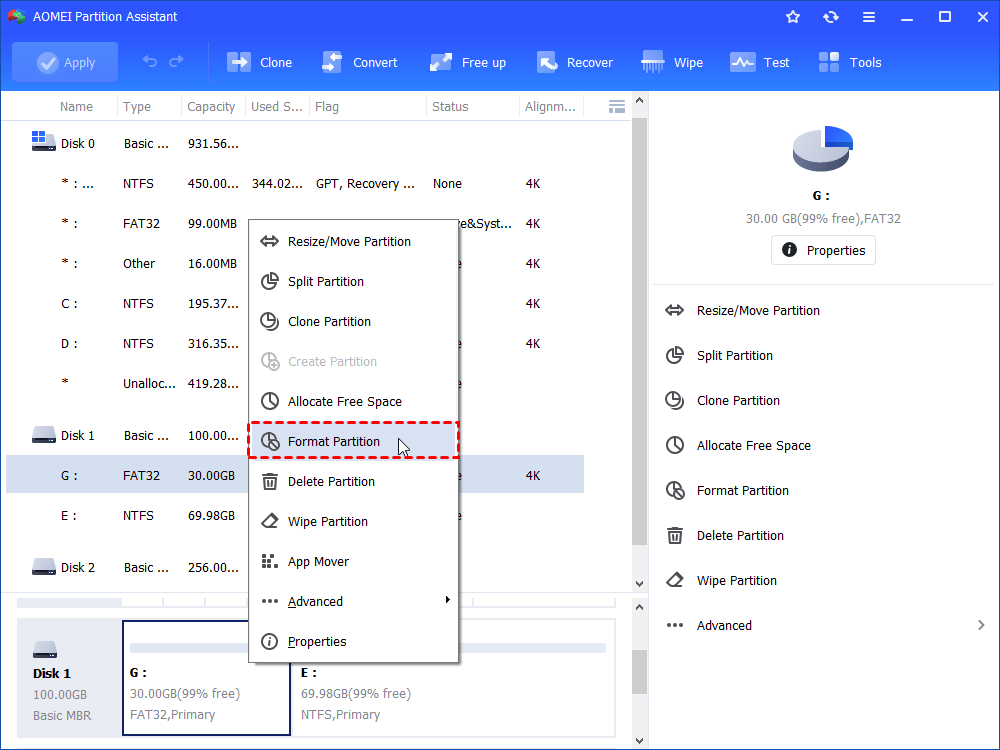


Because of this variety, you need to format portable disks so that they can move easily between the different operating systems you expect to use.īut to make that decision, you need to understand the two major factors that can affect your file system choice: portability and file size limits. And if you carry files to friends houses or when you travel, you never know what type of system you may want those files on. Many businesses and households have multiple PCs of different types in their home-Windows, macOS, and Linux being the most common. When you format a disk, the file system you choose essentially governs which devices can read or write to the disk. Since these file systems are key to the operating system making sense of the data, an OS cannot read data off of a disk without support for the file system with which the disk is formatted. Since only binary data is actually written to disks, the file systems provide a way to translate the physical recordings on a disk to the format read by an OS. RELATED: What Is a File System, and Why Are There So Many of Them? Understanding File System Problemsĭifferent file systems offer different ways of organizing data on a disk. So, let’s take a look at the major file systems and hopefully, you can figure out the best solution for formatting your USB drive.

But it can be confusing understanding what devices and operating systems supports which file systems-especially when all you want to do is transfer some files or keep your collection readable by all the devices you use. The most common file systems are FAT32, exFAT, and NTFS on Windows, APFS and HFS+ on macOS, and EXT on Linux-though you may run into others on occasion. If you have files larger than 4 GB and mostly share with Macs, choose HFS+įile systems are the sort of thing that many computer users take for granted.If you have files larger than 4 GB and mostly share with Windows PCs, choose NTFS.If you have files larger than 4 GB, but still want pretty good support across devices, choose exFAT.If you want to share your files with the most devices and none of the files are larger than 4 GB, choose FAT32.


 0 kommentar(er)
0 kommentar(er)
